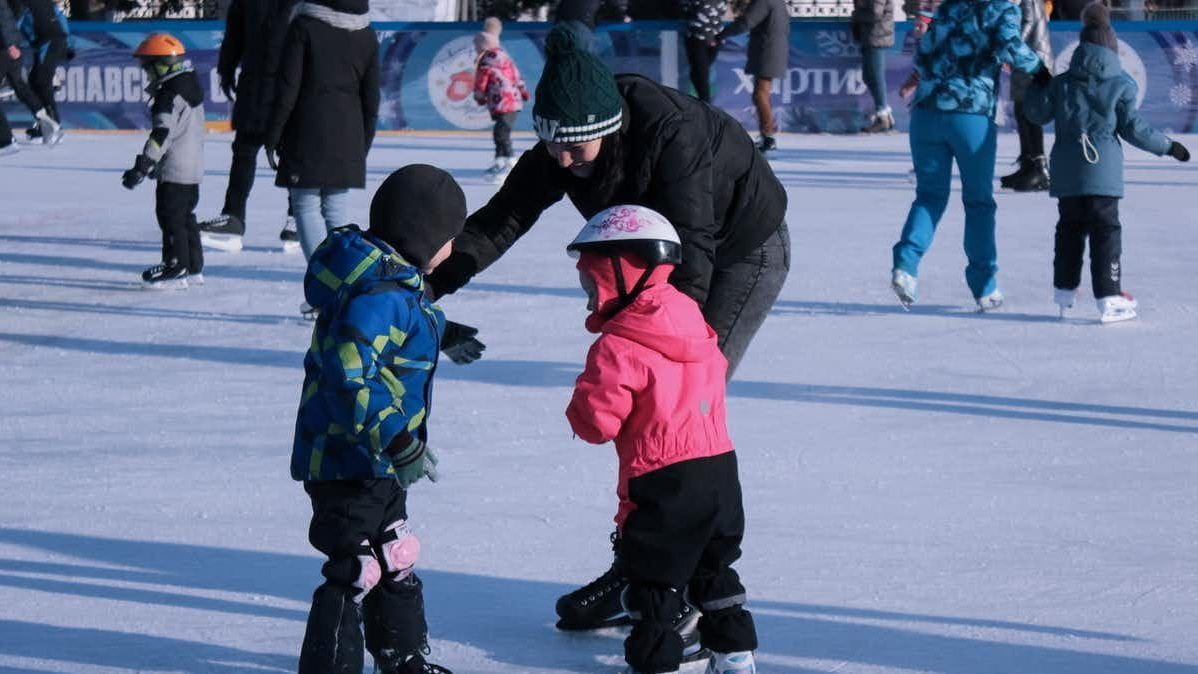Radio
Our research on outdoor public ice rinks, published in Urban Planning has attracted attention from a wide range of media outlets, including radio shows. Our project PI Mervyn Horgan spoke with Faith Fundal for from Up To Speed on CBC (aired December 18, 2020), Mike Farwell on The Mike Farwell Show on 570 NEWS (aired December 21, 2020), and David Common for CBC (aired January 24, 2021).
Written
Prior to publication from this research, our project PI Mervyn Horgan spoke with The Star about solidarity with strangers during the pandemic. Read more about it here: ‘‘Tiny acts of solidarity’ are bridging our social distance. Can they last? Toronto Star March 2020
You can read the piece “Head to the local ice skating rink to meet and mingle this COVID-19 winter” originally published by The Conversation and republished by The National Post, Philippine Canadian Inquirer, and Yahoo! News.
Saara Liinamaa spoke with GuelphToday.com about sociability on ice rinks, you can read it here: Less icy interactions between strangers at skating rinks, according to U of G research.
Edith Wilson and Mervyn Horgan explore protesting in a pandemic via the issue of public access to washrooms in “Finding a Place to Pee during the Pandemic or a Protest Shouldn’t be so Hard” in The Conversation.
You can read the piece “For Customers Only: Peeing with Dignity” by Edith Wilson and Mervyn Horgan in The Conversation.
Edith Wilson critiques washrooms-for-customers-only rules in her piece “Customers-Only Washrooms are a Crappy Deal” in Space Magazine.
The sociable cities research team acknowledges that we live and work on traditional, unceded, and/or treaty lands of First Nations, Inuit and Metis peoples. We are hosted on the Dish with One Spoon territory, the treaty land and territory of the Mississaugas of the Credit, and Between the Lakes Purchase (Treaty 3). For thousands of years, this was the land of Attawandaron peoples, and eventually, the Anishnaabe, Haudenosaunee and Métis. Additionally, our team conducts research in the traditional territories of the Chippewa and Huron-Wendat, covered by Treaty 13 and the Williams Treaties. As we strive to strengthen our relationship with Indigenous peoples, we recognize that our work, which is centred on solidarity and place-based connection, has much to learn from Indigenous peoples of past, present and future. We express our deepest gratitude to the Indigenous peoples who share this land with us and from whom we continue to learn.









